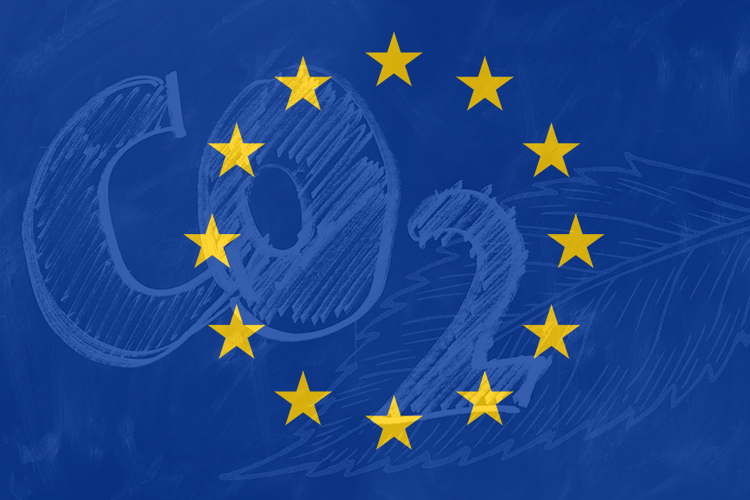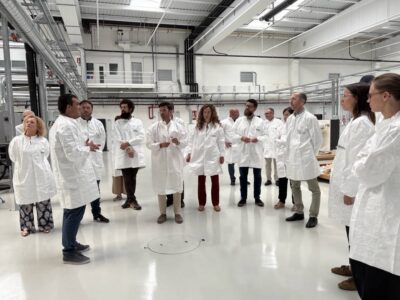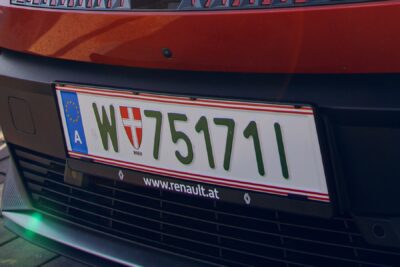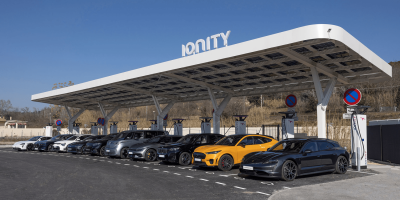EPP to prevent manufacturer climate penalties with new strategy
By far the largest political group in the EU Parliament is now in favour of enforcing stricter climate targets for cars from next year. However, this could be done less consistently than previously planned, according to a position paper adopted on Wednesday by the centre-right EPP alliance. This is also the position that the German government under Olaf Scholz and Robert Habeck suggested at the end of November, hoping to avert the German car industry having to pay.
Car manufacturers whose cars emit too much CO2 could therefore avoid fines if they later exceed the targets. This could be achieved, for example, by assessing the CO2 balance of individual manufacturers on the basis of a three-year average.
The change in policy is much less hardline than the last official position of the group, which may be due to automobile manufacturers who have been investing in electrification not wanting their investments to go to waste. However, flexibility towards the 2025 regulation does not imply a complete change of position: the EPP is sticking to its position of wanting to reverse the ban on new cars with combustion engines that will come into force in 2035. In terms of content, the paper that has now been adopted states that there should be a more “technology-neutrality as a guiding principle” in the European Union that is not limited to electric cars, but also integrates alternative fuels, such as biofuels and synthetic fuels. So far, the German FDP is best known for its demands for e-fuels. The EPP paper now goes in a similar direction.
As announced, the EPP also wants to reverse the planned phase-out of cars with combustion engines by 2035. In addition to loosening up sales regulation, the group also wants to ease the burden on the car industry by averting fines for manufacturers that are threatened by the CO2 fleet limits that will become stricter in 2025.
According to the current legal situation, car manufacturers are facing high fines next year for excessively high CO2 values in their new cars. Across party lines, most MPs agree that this would prove difficult for European manufacturers. In Germany, for example, the sudden cancellation of the environmental bonus at the end of 2023 has slowed the growth of electromobility. In recent months, new registrations in Germany have remained fairly constant at around 35,000 electric cars, corresponding to a market share of around 14 per cent. However, in order to meet the stricter CO2 fleet limits from 2025, manufacturers will have to achieve a rough share of 25 per cent of electric cars. If the CO2 emissions of their new car fleet are too high (EVs are a major lever, but not the only one), the aforementioned fines may be imposed. Germany is now looking for other ways to subsidize its industry, for example as a charging credit.
“The automotive industry is an indispensable pillar for employment, innovation and prosperity in Europe. At the same time, it faces enormous challenges: unfair competition, high energy costs, a decline in demand, adaptation to climate change and strict regulatory requirements weighing heavily on the sector,” said Jens Gieseke MEP who is in charge of the topic in the EPP Group and member of the conservative German CDU party, adding: “The EPP Group is firmly committed to a strong and sustainable automotive industry. With today’s plan, we want to create clear framework conditions so that the industry can emerge stronger from the current crises.”
eppgroup.eu (position paper), eppgroup.eu





0 Comments